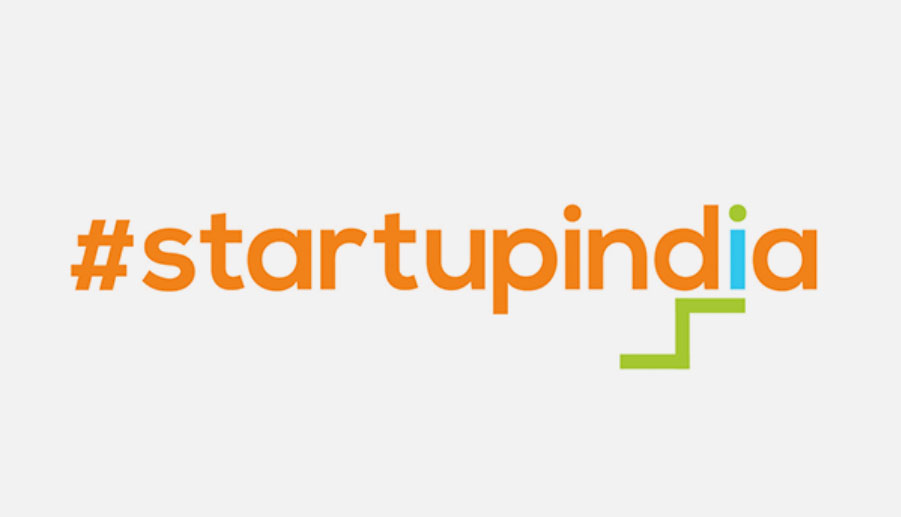
Startup Investment Takes a Breather in H2 2022, but Positive Long-Term Prospects Prevail As the curtain closed on the second half of 2022, the startup investment landscape witnessed a cooling trend, reflecting a temporary dip in enthusiasm. However, the long-term outlook remains promising, with resilience and innovation continuing to drive this dynamic ecosystem. Software, as ever, retained its crown as the most funded sector, capturing a substantial 45% of the total funding pool. Noteworthy was the ascent of Cleantech, claiming the lion’s share at 72%, followed by Healthtech at 13% and Space Technology at 12%. Despite the H2 hiccup, the full calendar year experienced an 18% drop in deal volume.
Startup Investment Takes a Breather in H2 2022, but Positive Long-Term Prospects Prevail
A Closer Look at the Startup Investment Landscape:
- H2 2022 Cool-Down: The latter half of 2022 saw a temporary dip in startup investments, with caution and market dynamics at play. This cooling effect, while notable, is viewed as a short-term adjustment rather than a long-lasting trend.
- Software Dominates: Software, a perennial favorite among investors, continued to attract the lion’s share of funding, securing a robust 45% of the total capital injected into startups. Its enduring appeal lies in its potential for disruption and scalability.
- Cleantech Surges: Cleantech emerged as a standout star, garnering a remarkable 72% of funding. This surge signifies a heightened focus on sustainability and environmental solutions, reflecting a global commitment to combating climate change.
- Healthtech and Space Technology: Healthtech, vital in addressing healthcare challenges, secured 13% of funding, while the burgeoning Space Technology sector captured 12%. Both sectors hold immense promise for innovation and market expansion.
- Full-Year Perspective: While H2 2022 experienced a temporary cooling effect, the full calendar year exhibited an 18% drop in deal volume. This dip is attributed to various factors, including market corrections and evolving investor sentiment.
The startup investment landscape is characterized by its resilience and adaptability. The temporary dip in H2 2022 is viewed as part of the natural ebb and flow of the market. Investors and startups alike understand that innovation often thrives in the face of challenges.
Software’s continued dominance as the most funded sector underscores its integral role in the digital transformation of industries worldwide. Cleantech’s surge reflects the urgency of addressing environmental concerns and the investment opportunities it presents. Healthtech and Space Technology, while capturing smaller portions of the pie, are poised for significant growth as they address critical challenges and explore uncharted frontiers.
The 18% drop in deal volume for the full calendar year serves as a reminder that startup investment is not without its fluctuations. However, this decline is viewed as a course correction rather than a signal of waning interest. In fact, the long-term outlook remains optimistic, driven by the tenacity and innovation that startups bring to the global economy.
As the startup ecosystem navigates the evolving investment landscape, it will continue to attract visionary investors and entrepreneurs committed to shaping the future. The resilience and adaptability of this dynamic sector ensure that it will emerge from temporary setbacks with renewed vigor, ready to lead the way in technological advancements and transformative solutions.

